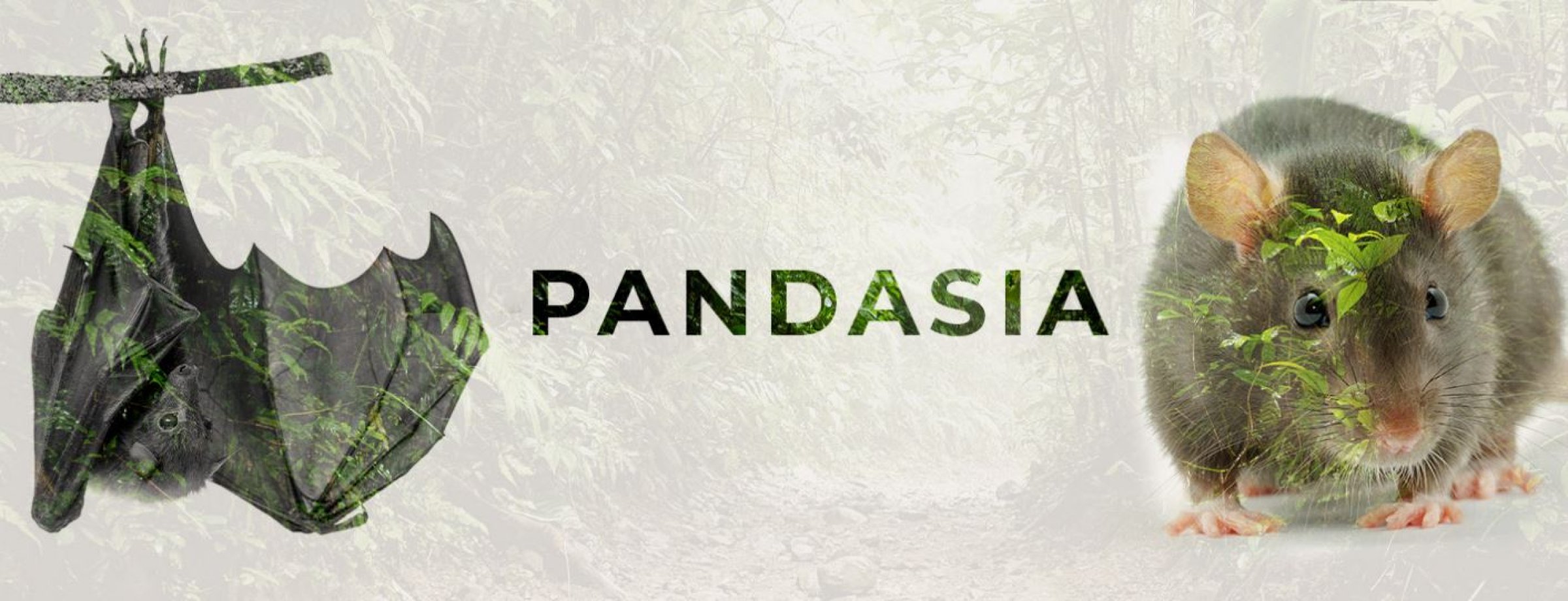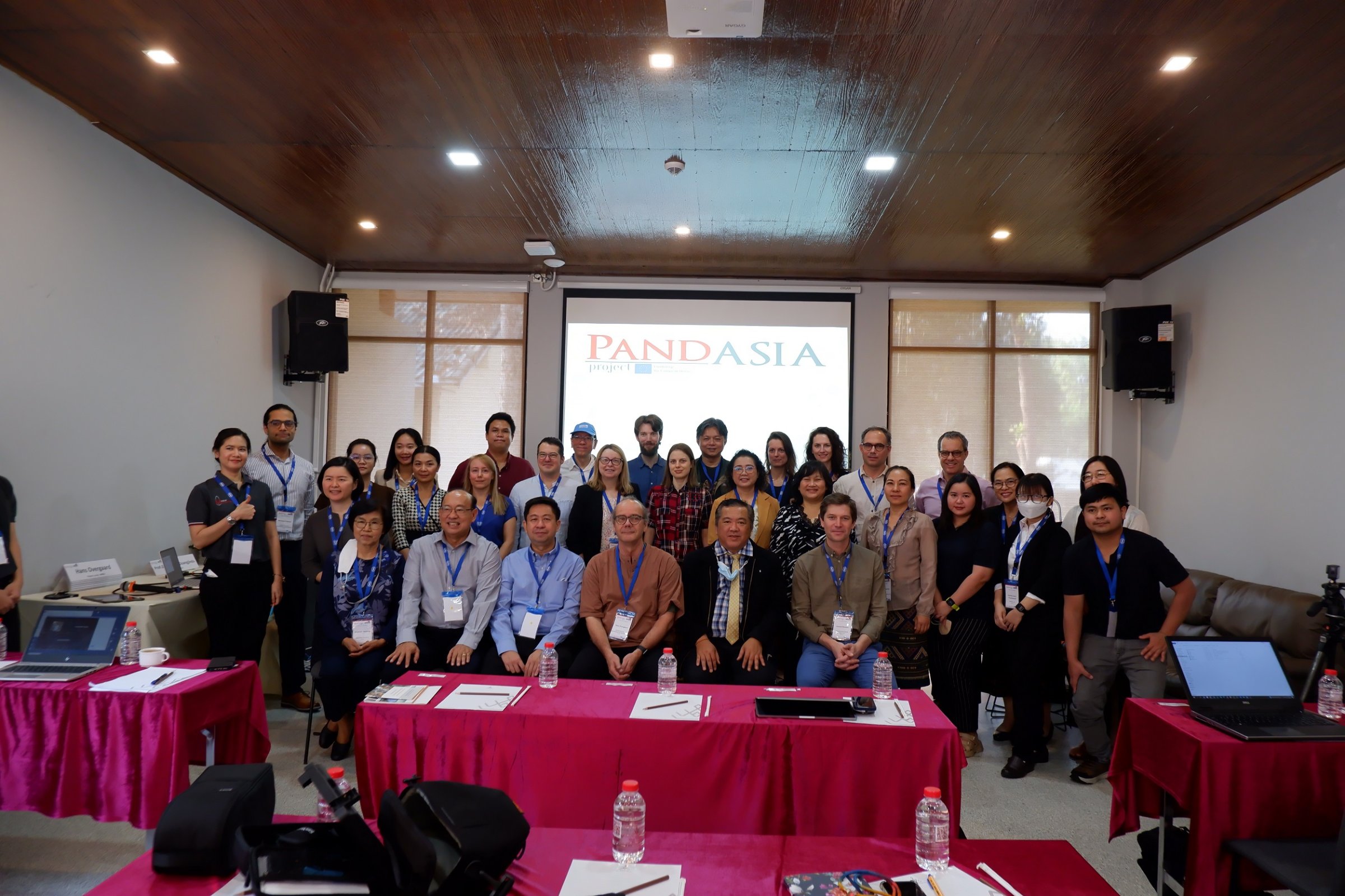New project aims to reduce risk of pandemics
The Norwegian Veterinary Institute (NVI) participates in the EU-funded PANDASIA project that investigates how infectious diseases are transmitted between animals, humans and environment and how potential pandemics emerge. The findings will be used to enhance health literacy in different target groups in Thailand and Europe.
PANDASIA is a new, transdisciplinary EU project by universities and research institutions in Europe and Thailand with the aim of investigating the origin of pandemics guided by the «One Health» approach. This transdisciplinary approach applies human, animal and environmental health and social science. The project is led by Norwegian University of Life Sciences (NMBU).
Modeling the dynamics of viruses

-The NVI will contribute with ecological and evolutionary modeling of the dynamics of viruses, which may be in the process of being exchanged between wild animals, domestic animals and humans. The work involves several scales and approaches. On a local scale, we will look at the risk of infection, based both on theoretical studies and on fieldwork carried out in Thailand. When it comes to work on a larger scale, we will have focus on regional and global spread potential, and how adaptive (evolutionary) dynamics shape the viruses in the process, says researcher in epidemiology at the NVI Kyrre Kausrud, who is involved in the project.
Biologists, veterinarians, mathematicians, sociologists and human medical doctors from Norway, Sweden, United Kingdom, Germany, and Thailand are working closely together to understand the dynamics of so-called zoonotic "spillover infections" and to develop a predictive framework with effective preventive measures.
Collecting data from Thailand
PANDASIA will collect data from local communities in Thailand to determine their exposure to wildlife and livestock. Biodiversity specialists will sample the relevant biodiversity which virologists will then examine for viruses that have the potential to spill over to humans. Based on these data, models will be developed which aim to predict the future risk of the spread of new infectious diseases.

A pandemic preparedness and prevention literacy (3PL) intervention will be developed, implemented and tested to improve the knowledge and practices of local communities and to reduce and prevent possible zoonotic transmission from animals to humans, thus reducing the risk of local outbreaks becoming global pandemics. Since pandemics first occur at the local level, it is extremely important for the scientists of this project to work closely with local government units and communities, non-governmental organisations and environmental and agricultural authorities in Thailand to improve their pandemic health literacy.
The consortium partners of the PANDASIA project aim to expand their current understanding of the drivers of emerging infectious diseases and the interaction of viruses between humans, animals and the environment.
